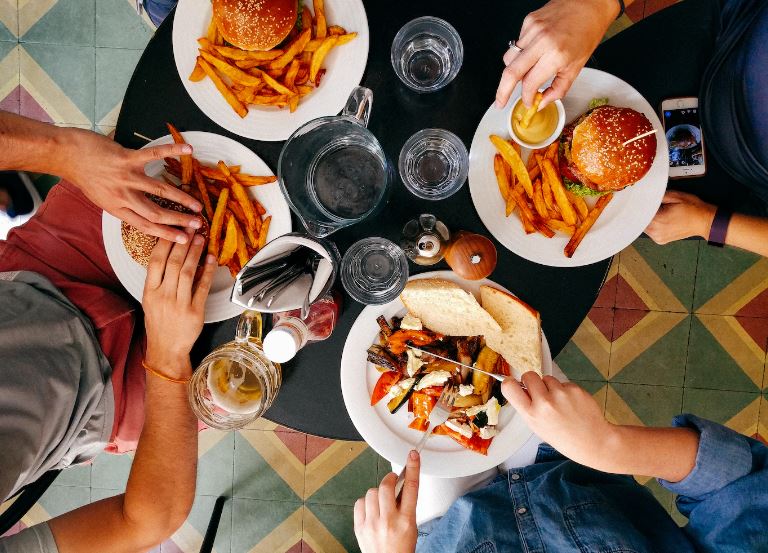Understanding Emotional Eating and Strategies to Overcome It
Emotional eating is using food to make yourself feel better, to fill emotional needs, or to cope with unpleasant emotions. It often involves overeating foods that are unhealthy or comfort foods. Emotional eating is extremely common and many people eat when they are bored, stressed, sad, lonely, or even happy. However, emotional eating can lead to weight gain, feelings of guilt, and unhealthy relationships with food. The key is understanding why it happens and learning healthier coping strategies.
Contents [hide]
Causes of Emotional Eating
There are several potential causes of emotional eating including biology/genetics, habits learned in childhood, certain illnesses, medications, dieting, and emotional problems. Researchers believe some people may have a genetic predisposition to use food to cope. Often, emotional eating is a habit learned in childhood where food was used to reward, punish, or soothe. Emotional eating can also be a symptom of conditions like anxiety, depression, stress, or boredom. Certain medications increase appetite as a side effect. Ironically, extreme dieting can also lead to emotional eating because it often leaves people feeling deprived.
Healthier Ways to Cope with Emotions
The first step is identifying triggers and times when you tend to overeat. Next, find healthier ways to meet your emotional needs rather than using food. Effective strategies include journaling, exercising, socializing, practicing self-care, distracting yourself with fun activities, and addressing the root cause of negative emotions through therapy. It’s important to deal with your emotions directly in a constructive way rather than bottling them up or using food to numb them.
Tips to Avoid Emotional Eating
Here are some helpful tips to avoid emotional eating:
- Identify your triggers and patterns around emotional eating. What emotions make you turn to food and what foods do you crave?
- Find alternative activities when you have urges. Call a friend, go for a walk, practice breathing exercises, squeeze a stress ball, or write in a journal.
- Establish healthy routines around meals and snacks so when emotions are high you have something reliable to fall back on.
- Remove temptation by not having unhealthy foods easily available.
- Practice mindful eating when you do eat, by going slowly and paying attention to taste and physical fullness cues.
- Be patient and appreciative with yourself in the process – behavior change takes time.
Seeking Help
Consider seeking help from a therapist or support group specializing in disordered eating if emotional eating has gotten to an unhealthy level. Many times, there are underlying issues that need to be addressed or past trauma related to food and eating. You do not have to overcome emotional eating alone. Getting professional support can help you finally break the cycle, manage stress better, and develop a much healthier relationship with food.
Losing weight is hard but it can be done once you have addressed your underlying issues. Try to incorporate more healthy fruits and vegetables into your meals. If you reduce your calorific intake and cut out excess sugar and starchy foods from your diet, the weight should start to come off slowly. Once you have cleaned up your diet and introduced some light exercise, consider using supplements such as fat burning pills to help kickstart your weight loss.
The reality is everyone eats for emotional reasons from time to time. However, with self-awareness, healthier coping strategies, reduced food temptations, and practice, you can gain control over emotional eating urges when they strike. It is possible to feel more in control around food and not have to turn to overeating as a crutch for dealing with challenging emotions. With consistent effort over time, the habit can absolutely be broken for good.




